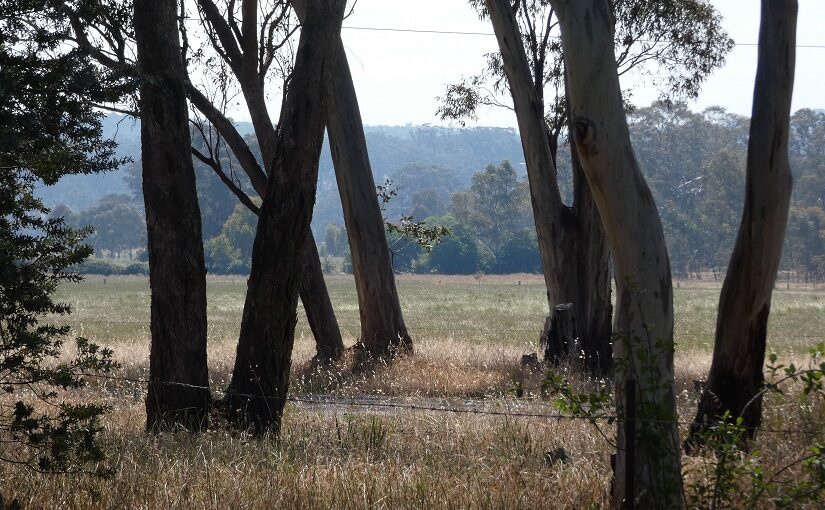Within everything that’s going on around us, how is it that we piece together some sense of what it all means? Between all the thoughts, ideas, agendas, illusions or misrepresentations, how are we to ensure that the picture we’ve got in mind of “reality” is something we’d be wise to hold onto and build our lives around?
The contents of our minds must be important: all we’re letting in, weeding out, or seeking ways to work around. This sense in which our heads contain all we’ve taken in, how we’ll then interpret things, and the decisions we’re making each moment of every day. Potentially, a place of error or mistaken conclusions compounded, year on year, as our ideas clash up against reality. (Notes One)
As beings that essentially “live” from the mind, the question of how we fill it seems unfathomably significant. If “all we’re taking in” becomes the paths we’re walking, what might that mean for humanity? Education’s “aim” presumably then being to prepare people by enabling them to see how things work – all the practices and values around which we need to be structuring our lives (Notes Two).
Somehow, finding ways of giving us the knowledge and capacity to be fully human and live constructively within our society and this world of which we’re all part. Some workable sense of how individuals fit within the whole, valuing themselves and all others rightly in every area of activity. That each person might be able to judge for themselves what’s best, based on their well-formed understanding of what it all means.
Doesn’t the world “need” us to understand? Not just from our own personal perspective, but also the social or economic meaning of all that we do: how each thing echoes out to become reality within all the lives surrounding ours. Beyond that, to have some grasp of the ultimate meaning of being human – whatever each person might decide that may be.
Now that convention or tradition seem to be so rapidly falling away, how is such an understanding of life to be maintained? Given how often we’re surrounded by questionable versions of reality or insistently-held opinions, how are we to see through all that to grasp where the truth of things actually lies? Between all conflicting pressures of life, might full understanding not perhaps fall by the wayside? (Notes Three)
Sometimes it just seems the demands of life could loom so large they obscure the complexities of how we got here and where we hoped to be heading – that we might rather leave the past behind and walk away from it with convenient handfuls of facts. But if history, despite the challenge of imagining all that’s gone on within it, is what lets us understand the present, can we afford to do that? (Notes Four)
If we’re to stand within modern realities and truly grasp what’s asked of us, isn’t it important that we see what it all means, why it matters and what we can do about it?
Notes and References:
Note 1: The battlegrounds of our minds
Note 1: Do we live in different worlds?
Note 1: Can our thinking match realities?
Note 2: Everything’s interconnected
Note 2: Connecting truthfully with life
Note 2: Is this complicated or relatively simple?
Note 3: Understanding what we’re all part of
Note 3: Seeing where others are coming from
Note 3: How quickly things can change
Note 4: Knowing the value of what you have
Note 4: Going along with what we see
Note 4: Detaching ourselves from the past

